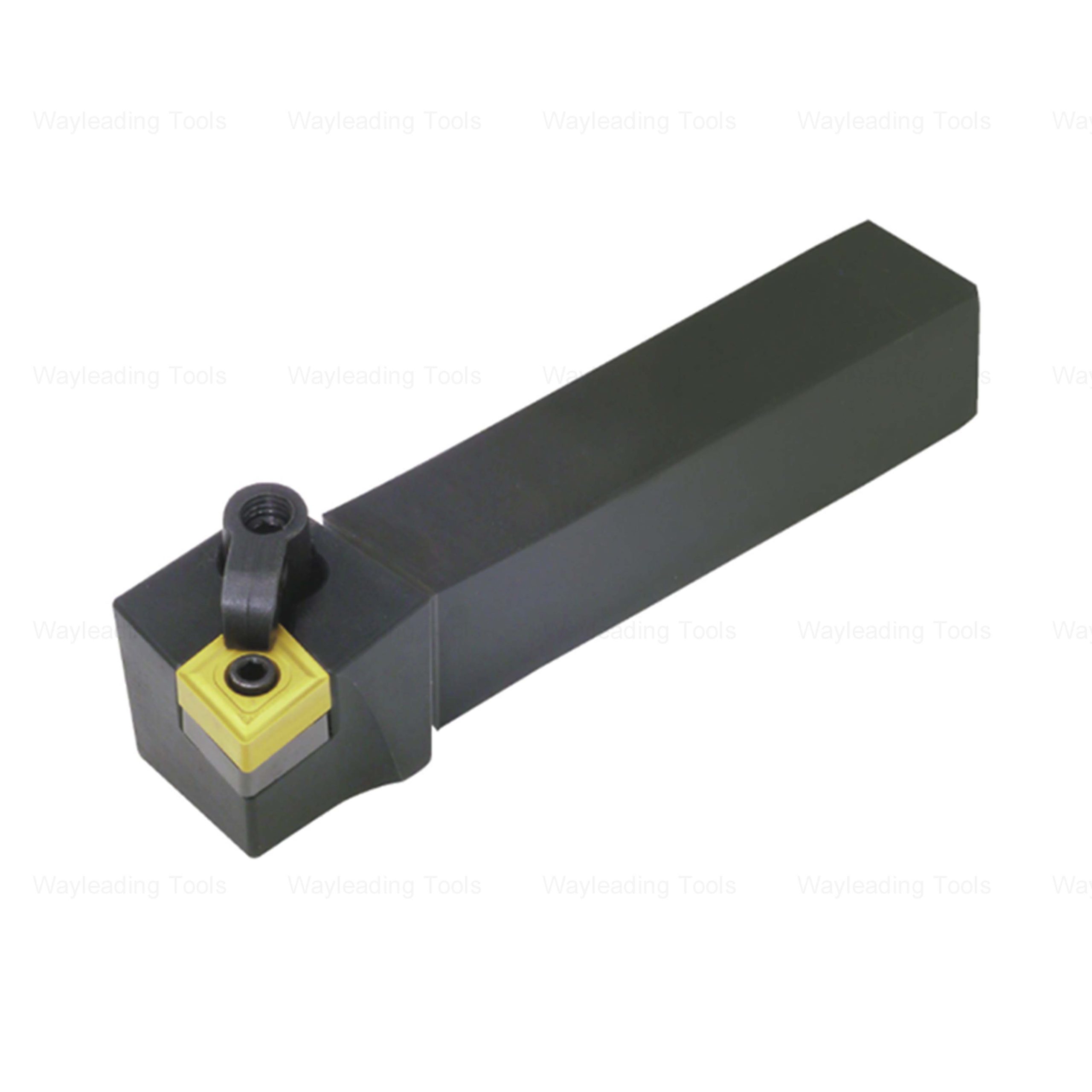SDQC boring bar Suppliers
Finding reliable SDQC boring bar suppliers can be challenging. This guide provides essential information on what to look for in a supplier, key features to consider when choosing a boring bar, and factors that influence pricing. It aims to help you make an informed decision and find the best supplier to meet your specific machining needs.
Understanding SDQC Boring Bars
SDQC boring bars are essential cutting tools used in machining operations to enlarge or create precise holes in workpieces. The 'SDQC' designation typically refers to the type of insert and clamping system used, offering excellent rigidity and performance. These bars are widely used in CNC lathes and machining centers for their precision and ability to create high-quality finishes.
Key Features of SDQC Boring Bars
When evaluating SDQC boring bar suppliers, consider these key features:
- Material: Most SDQC boring bars are made from high-speed steel (HSS), cemented carbide, or vibration-dampening materials like heavy metal alloys. Carbide bars offer superior wear resistance and are suitable for high-speed machining.
- Shank Diameter: Choose a shank diameter that matches your machine's tool holding capacity. Common sizes range from 1/2 inch to 2 inches or larger.
- Overall Length: The overall length should be sufficient to reach the desired bore depth while maintaining rigidity. Longer bars are prone to vibration.
- Minimum Bore Diameter: Specifies the smallest hole diameter that the bar can effectively machine.
- Insert Type: SDQC boring bars utilize specific inserts, usually diamond shape. The insert geometry and coating should be selected based on the material being machined.
- Coolant Delivery: Internal coolant delivery systems help to dissipate heat and improve chip evacuation, leading to longer tool life and better surface finishes.
- Vibration Damping: Some SDQC boring bars incorporate vibration-damping mechanisms, such as tuned mass dampers or material compositions designed to absorb vibrations. This is particularly important for long-reach applications.
Choosing the Right SDQC Boring Bar Supplier
Selecting the right supplier is crucial for ensuring the quality and reliability of your SDQC boring bars. Here are some factors to consider:
- Reputation and Experience: Look for suppliers with a proven track record and positive customer reviews. How long have they been supplying SDQC boring bars?
- Product Range: A wide product range indicates a supplier's ability to meet diverse machining needs. Do they offer different sizes, materials, and insert styles?
- Technical Support: Does the supplier offer technical support to help you select the right boring bar for your application? Can they provide guidance on cutting parameters and troubleshooting?
- Quality Control: What quality control measures does the supplier have in place to ensure the accuracy and consistency of their products?
- Pricing and Lead Times: Compare pricing and lead times from different suppliers to find the best value and delivery schedule.
- Warranty and Returns: Does the supplier offer a warranty on their products? What is their return policy?
Top Considerations When Sourcing SDQC Boring Bars
Beyond the supplier, understanding the specific requirements of your application is vital. Consider these factors:
- Material to be Machined: Different materials require different insert geometries and coatings. For example, machining steel requires different inserts than machining aluminum.
- Bore Diameter and Depth: The bore diameter and depth will determine the required shank diameter and overall length of the boring bar.
- Surface Finish Requirements: The desired surface finish will influence the choice of insert geometry and cutting parameters.
- Machine Tool Capabilities: The capabilities of your machine tool, such as spindle speed and feed rate, will also influence the selection of the boring bar.
- Vibration Concerns: For long-reach applications or machining of difficult materials, vibration damping may be a critical consideration.
Benefits of Choosing Wayleading Tools as your SDQC Boring Bar Supplier
When it comes to finding reliable SDQC boring bar suppliers, Wayleading Tools stands out as a premier choice. With over a decade of experience in the industry, Wayleading Tools offers a comprehensive range of SDQC boring bars designed to meet diverse machining needs. Our commitment to quality, coupled with our extensive product knowledge, ensures that you receive the best tools for your specific application.
- Extensive Product Selection: Wayleading Tools provides a wide variety of SDQC boring bars in different sizes, materials, and insert styles, ensuring you find the perfect tool for your project.
- Expert Technical Support: Our team of experienced engineers is available to provide technical support and guidance, helping you select the optimal boring bar and cutting parameters.
- Competitive Pricing: We offer competitive pricing on all our SDQC boring bars, providing excellent value for your investment.
- Fast Delivery: With efficient logistics and inventory management, Wayleading Tools ensures prompt delivery of your orders, minimizing downtime and maximizing productivity.
Factors Influencing SDQC Boring Bar Pricing
The price of an SDQC boring bar can vary depending on several factors:
- Material: Carbide boring bars are generally more expensive than HSS bars due to their superior performance and wear resistance.
- Size: Larger diameter and longer boring bars tend to be more expensive.
- Features: Features like internal coolant delivery and vibration damping add to the cost.
- Brand: Well-known brands with a reputation for quality may charge a premium.
- Supplier: Different suppliers may have different pricing structures based on their overhead costs and profit margins.
SDQC Boring Bar Examples and Applications
Let's look at some examples of SDQC boring bar applications:
- Enlarging Existing Holes: SDQC boring bars are commonly used to enlarge existing holes to precise dimensions.
- Creating Internal Threads: With the appropriate inserts, boring bars can be used to create internal threads.
- Machining Internal Grooves: Specialized boring bars are available for machining internal grooves and undercuts.
- Finishing Bores: Boring bars are often used to achieve a high-quality surface finish on bores.
Troubleshooting Common Issues with SDQC Boring Bars
Even with the best equipment, you may encounter issues with SDQC boring bars. Here are some common problems and potential solutions:
- Vibration (Chatter):
- Reduce cutting speed and feed rate.
- Increase the rigidity of the setup.
- Use a boring bar with vibration damping.
- Ensure proper insert clamping.
- Poor Surface Finish:
- Check insert condition and replace if necessary.
- Adjust cutting parameters.
- Use a coolant with better lubricity.
- Premature Tool Wear:
- Select the appropriate insert grade and coating for the material being machined.
- Ensure adequate coolant flow.
- Reduce cutting speed and feed rate.
Table of Recommended Cutting Parameters for SDQC Boring Bars
The following table provides a general guideline for cutting parameters. Consult the insert manufacturer's recommendations for specific values.
| Material | Cutting Speed (SFM) | Feed Rate (IPR) |
|---|---|---|
| Steel (Low Carbon) | 300-500 | 0.005-0.015 |
| Aluminum | 800-1200 | 0.010-0.025 |
| Stainless Steel | 200-400 | 0.003-0.010 |
*SFM = Surface Feet per Minute, IPR = Inches per Revolution
Conclusion
Finding the right SDQC boring bar supplier requires careful consideration of your specific machining needs and the supplier's capabilities. By understanding the key features of SDQC boring bars, evaluating potential suppliers, and troubleshooting common issues, you can ensure optimal performance and productivity in your machining operations. Contact Wayleading Tools today to discuss your SDQC boring bar requirements and find the perfect solution for your business.
Disclaimer: The information provided in this article is for general guidance only. Always consult the manufacturer's specifications and guidelines for specific product recommendations and safety procedures.
Related products
Related products
Best selling products
Best selling products-
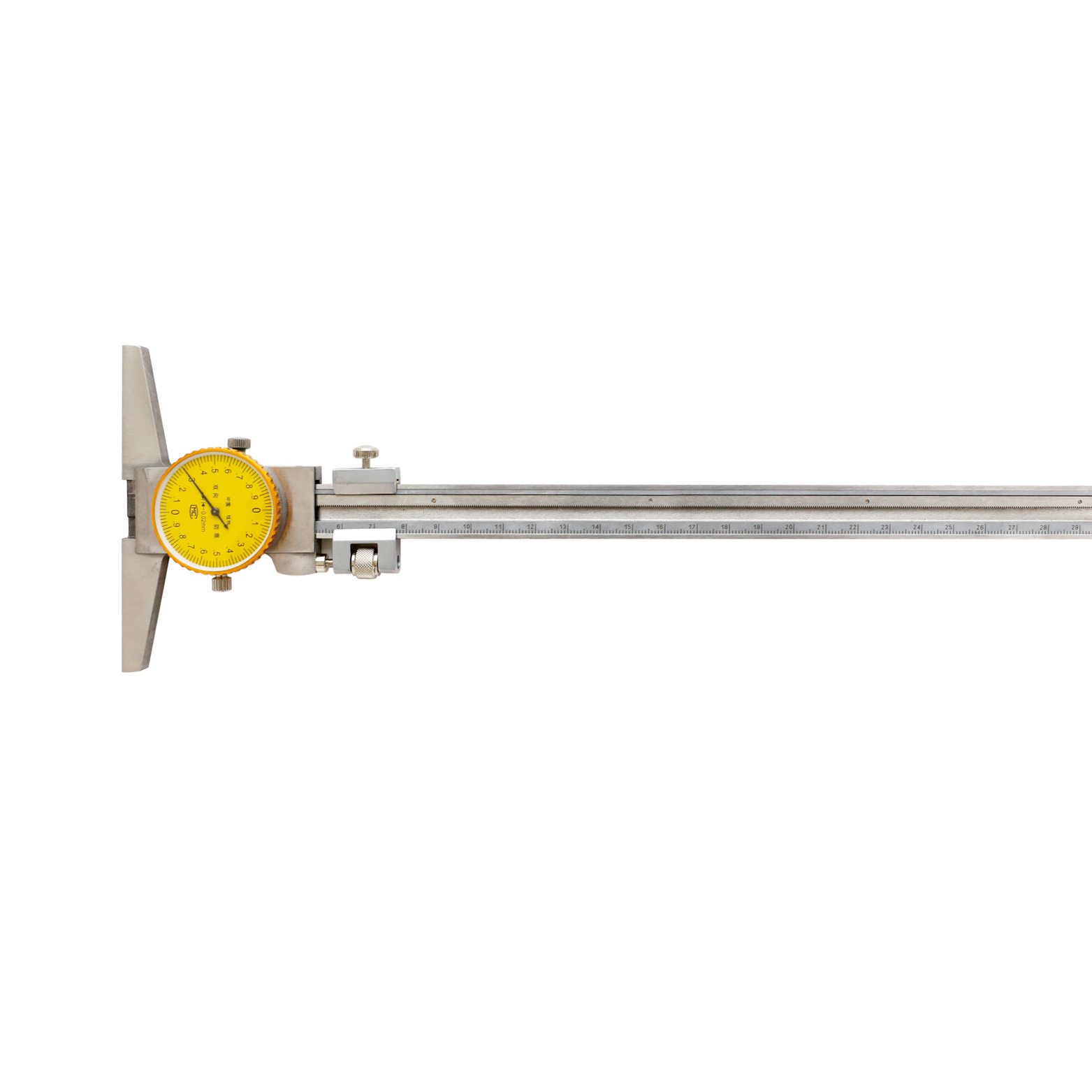 Dial Depth Gauge With Stainless Steel For Industrial Type
Dial Depth Gauge With Stainless Steel For Industrial Type -
 Depth Vernier Gauge With Stainless Steel And Monoblock Depth Type
Depth Vernier Gauge With Stainless Steel And Monoblock Depth Type -
 9PCS Broken Tap Extractor Set With Storage Box
9PCS Broken Tap Extractor Set With Storage Box -
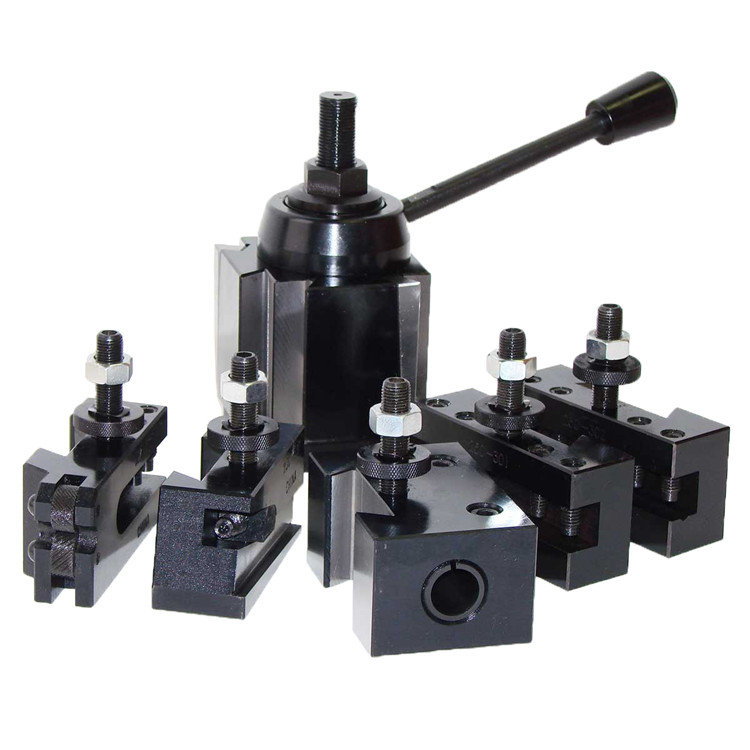 Wedge Type Quick Change Tool Post Set In lathe Machine
Wedge Type Quick Change Tool Post Set In lathe Machine -
 HSS Annular Cutters With Weldon Shank For Metal Cutting
HSS Annular Cutters With Weldon Shank For Metal Cutting -
 5C Hex Collet With Inch and Metric Size
5C Hex Collet With Inch and Metric Size -
 Vernier Height Gauge With Magnifier With Adjustable Main Bean
Vernier Height Gauge With Magnifier With Adjustable Main Bean -
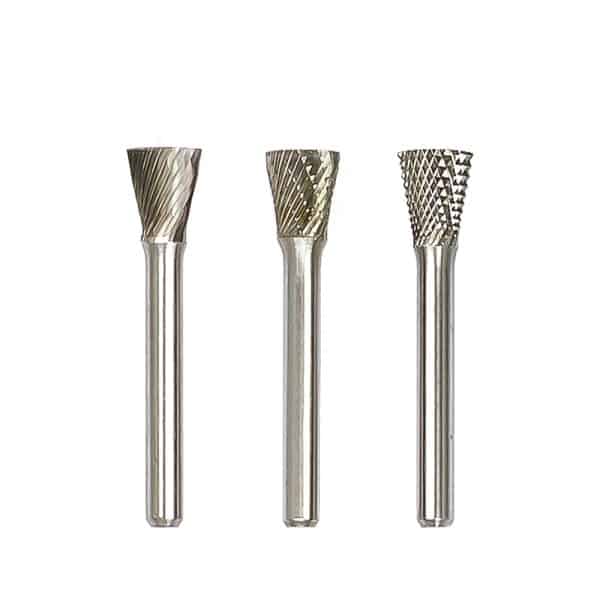 Type N Inverted Cone Tungsten Carbide Rotary Burr
Type N Inverted Cone Tungsten Carbide Rotary Burr -
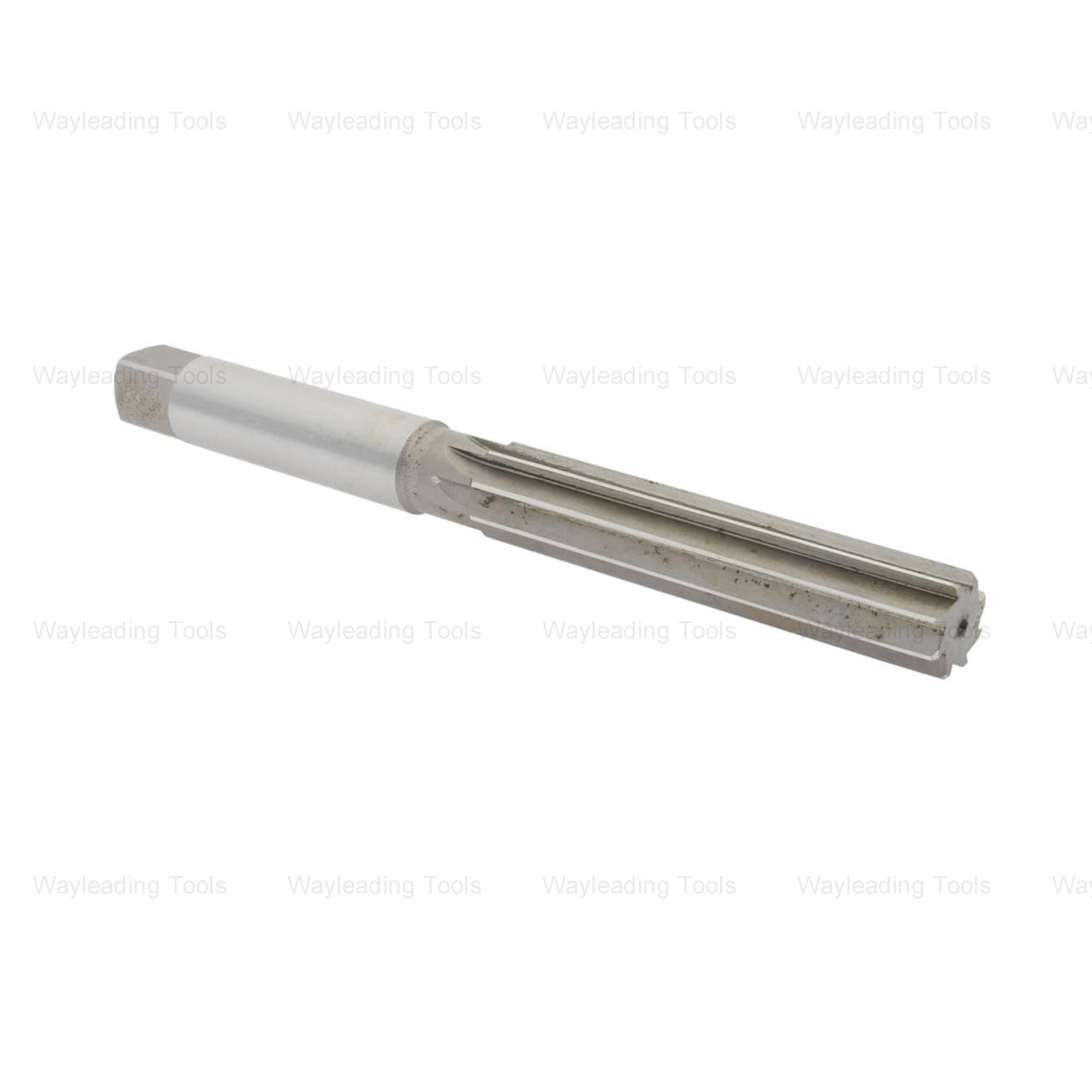 HSS Hand Reamers – Metric & Inch Sizes, Straight or Spiral Flutes
HSS Hand Reamers – Metric & Inch Sizes, Straight or Spiral Flutes -
 Precision 7pcs Angle Blocks Set With High Quality Type
Precision 7pcs Angle Blocks Set With High Quality Type -
 Precision 2pcs Angle Blocks Set With High Quality Type
Precision 2pcs Angle Blocks Set With High Quality Type -
 Carbide Tipped Hole Cutter For Cutting Stainless Steel And Iron Or Steel Plate
Carbide Tipped Hole Cutter For Cutting Stainless Steel And Iron Or Steel Plate
Related search
Related search- milling gear cutter Factory
- Wholesale morse taper sleeves
- Indexable Turning Tool Holder Manufacturers
- lathe cutting tools
- 90 degree indexable face mills Factory
- Slitting Saw Supplier
- Wholesale sn indexable thread turning tool
- High-Quality Convex Milling Cutter
- dial calipers Factories
- Wholesale Threading Tool Holder






